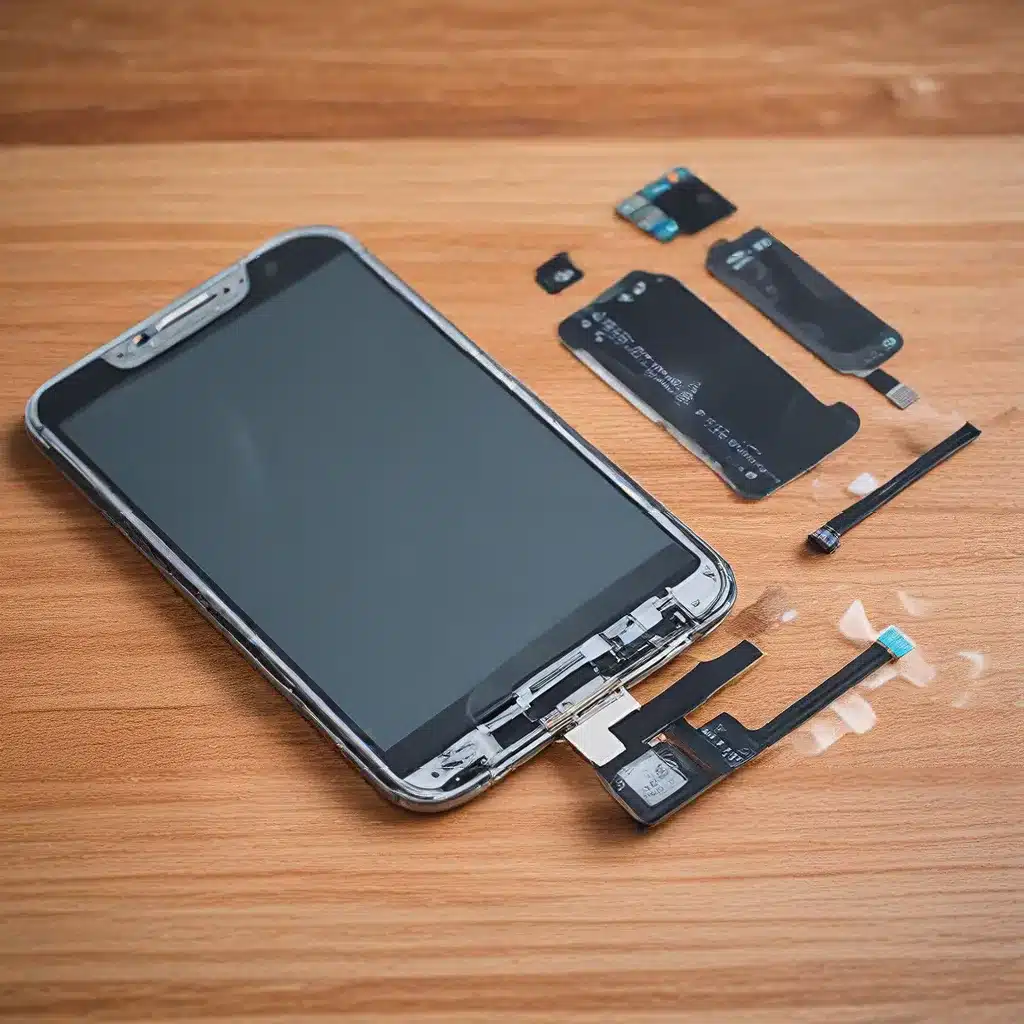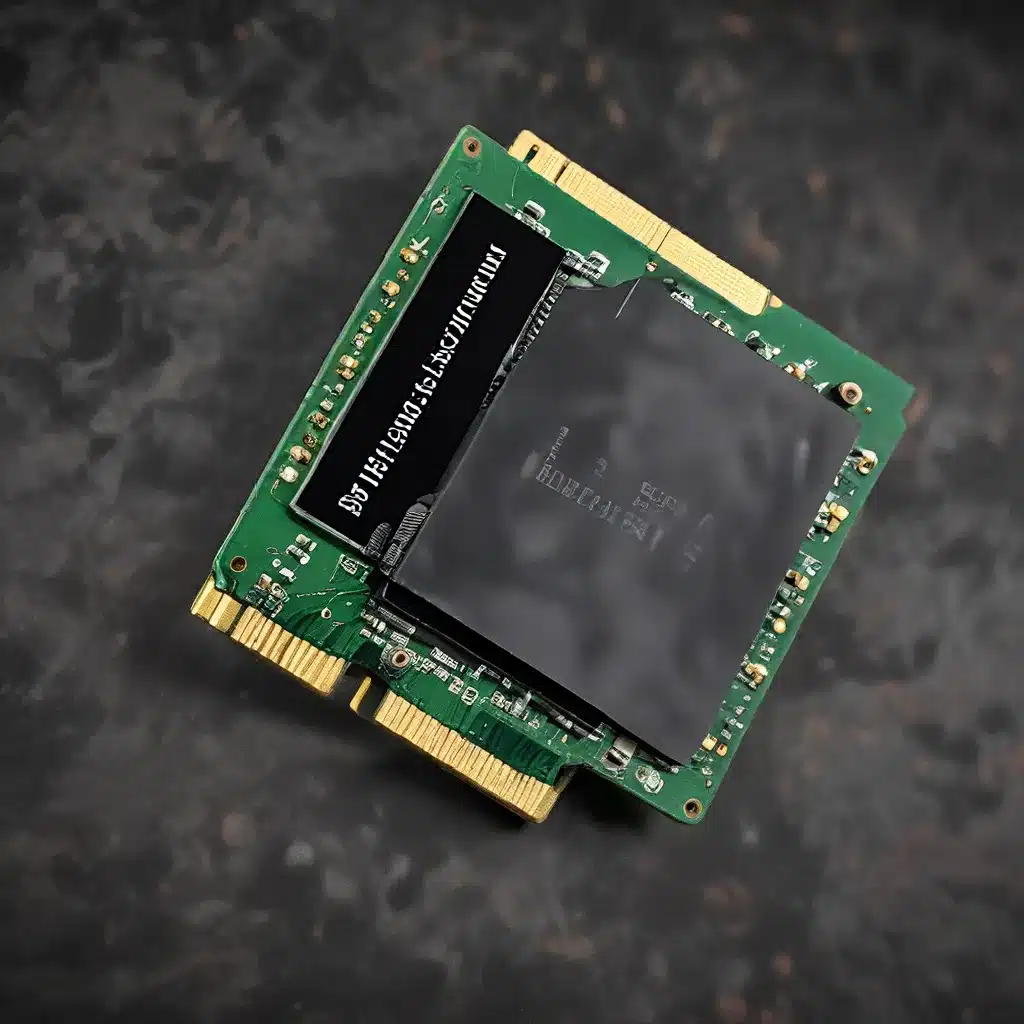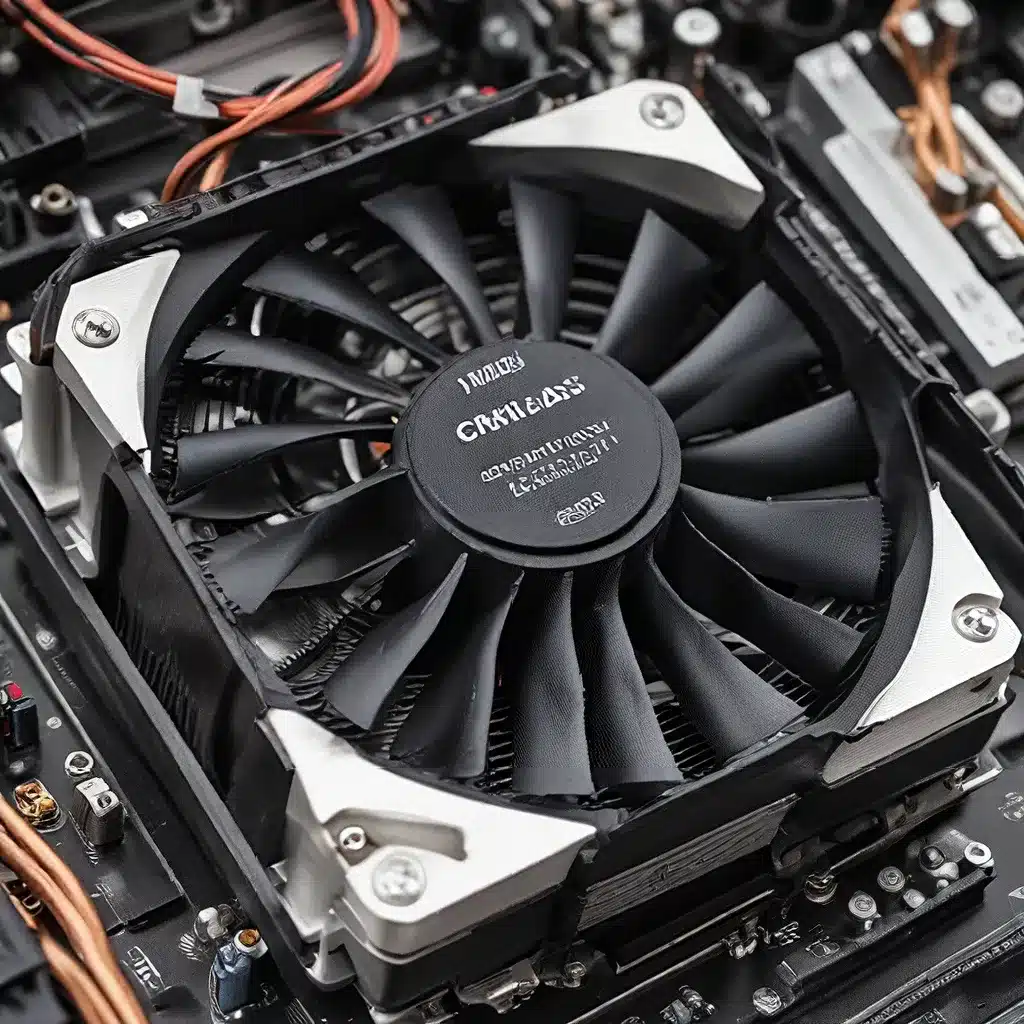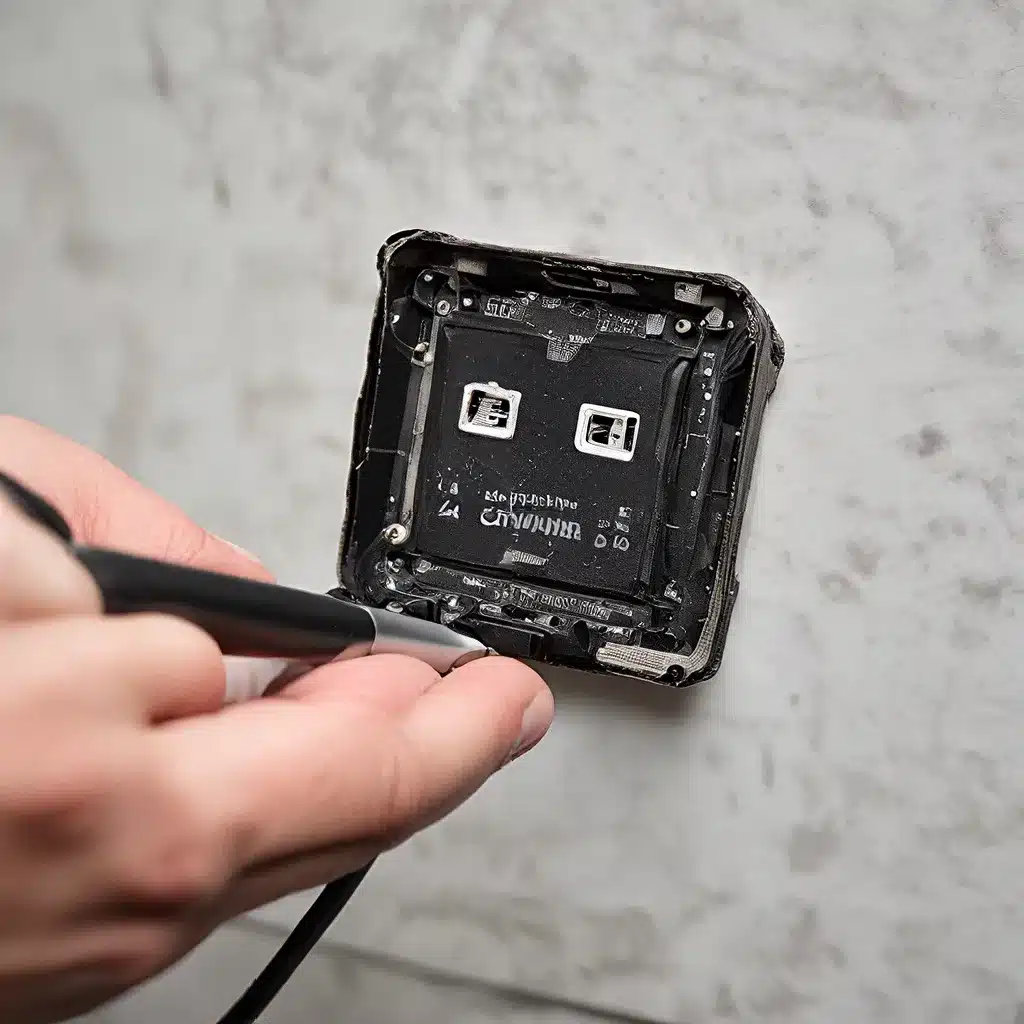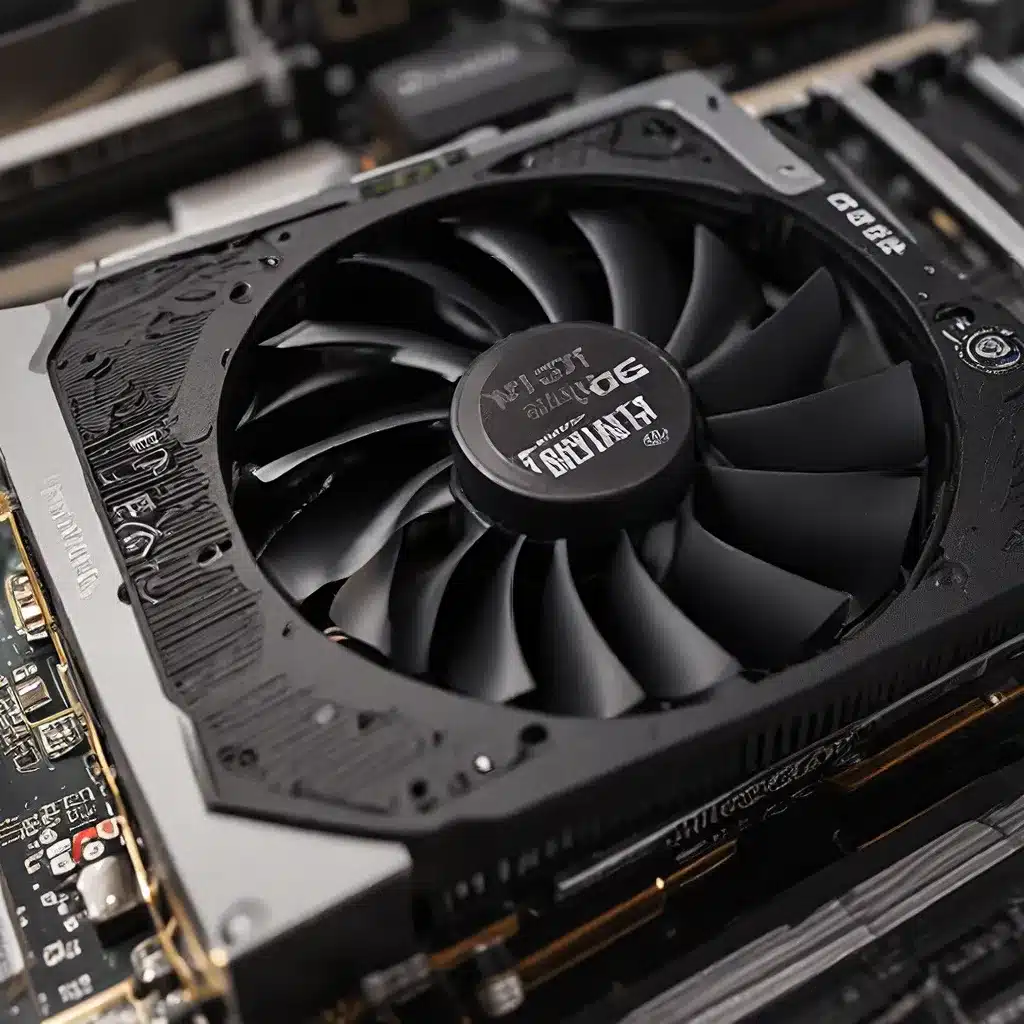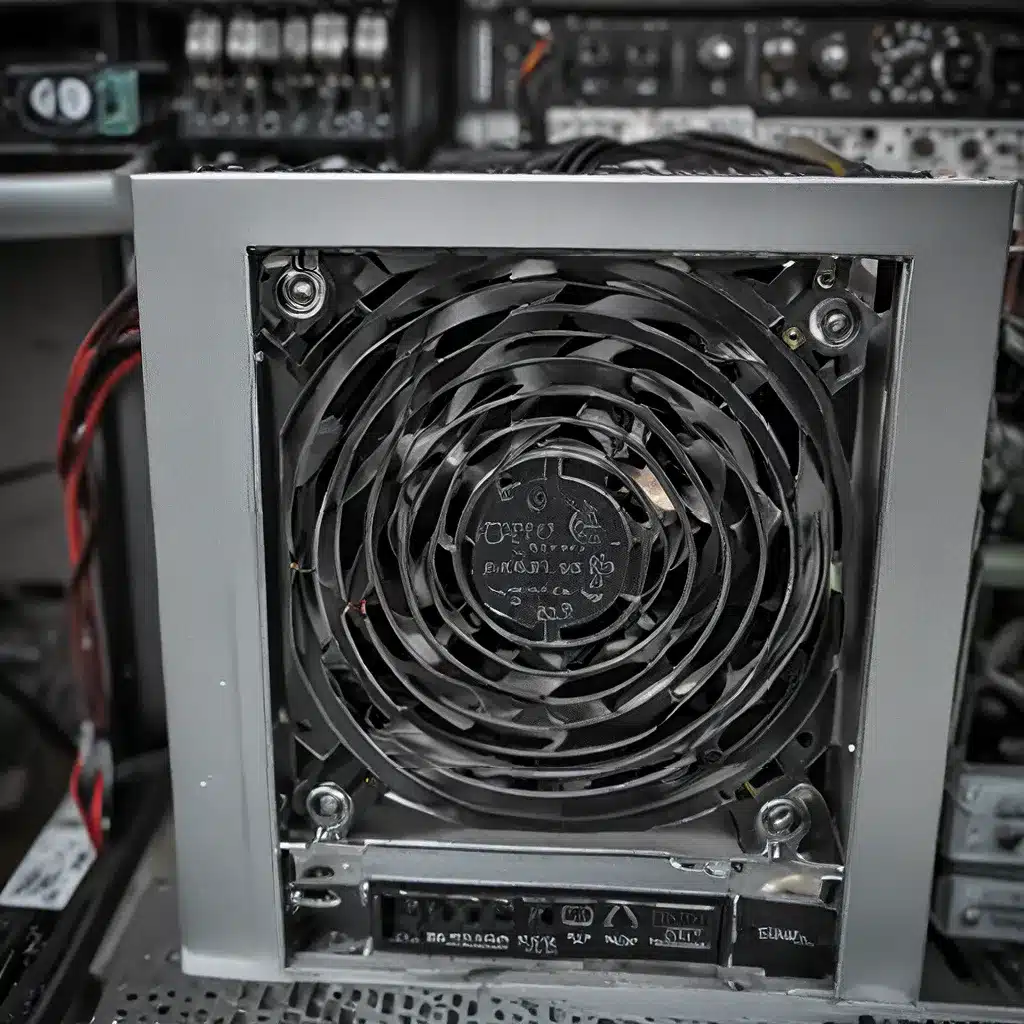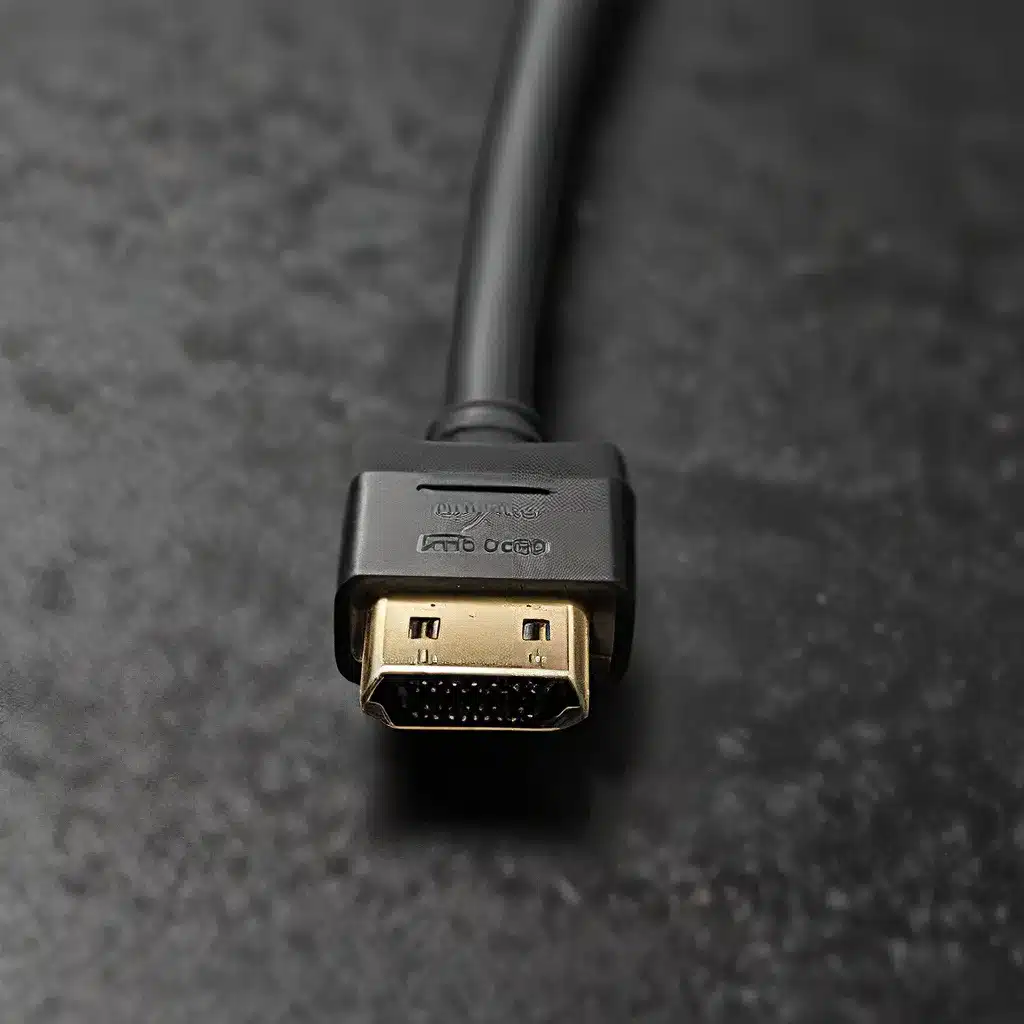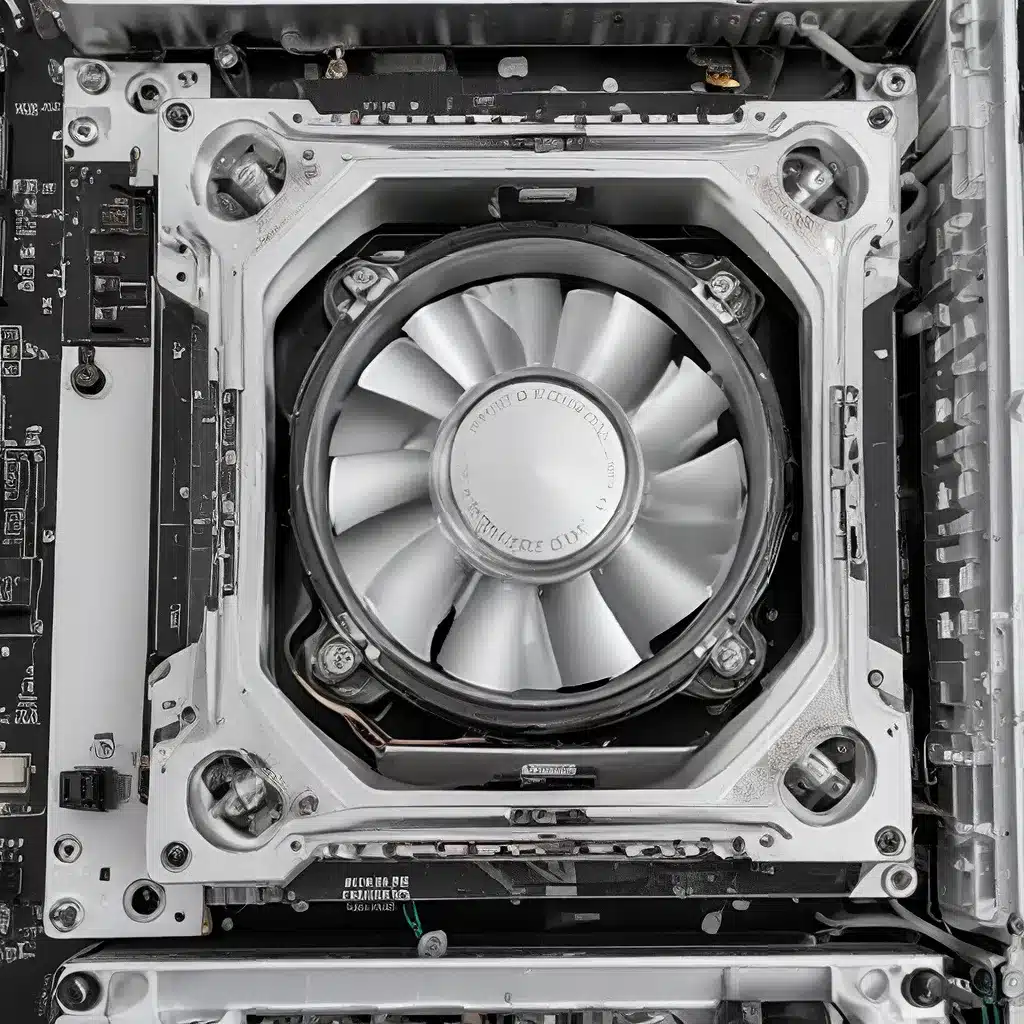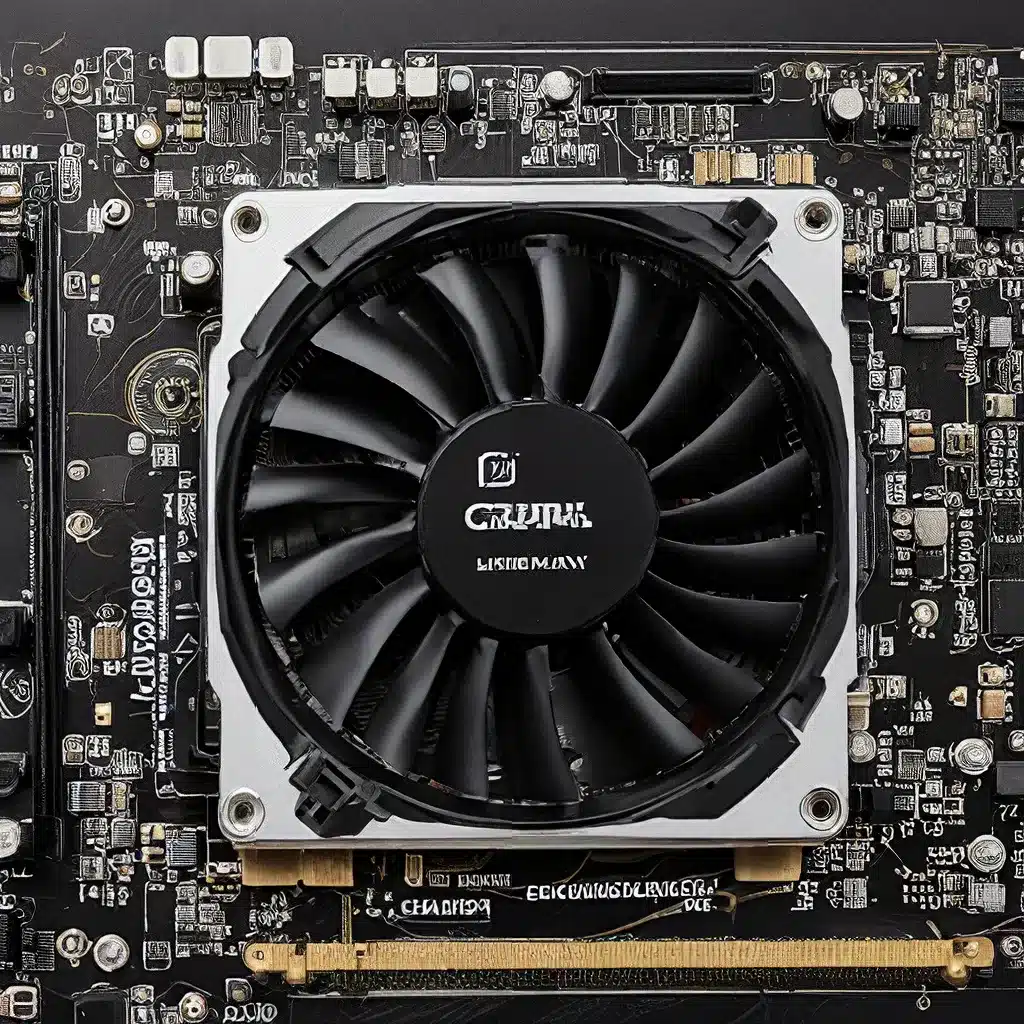The Eternal Dilemma: When to Upgrade?
As a computer repair technician, I’ve lost count of the number of times a client has come to me, laptop in hand, and asked the age-old question: “How long do computers really last?” It’s a query that strikes at the heart of every tech-savvy individual’s existence. Do we cling to our trusty machines until they wheeze their last digital breath? Or do we succumb to the siren call of the latest and greatest, leaving our beloved companions in the technological dust?
Well, my friends, the answer, as is often the case in the world of technology, is a resounding “it depends.” [1] Much like a well-aged fine wine, the longevity of a computer is a complex interplay of factors, from hardware quality to maintenance habits. And let me tell you, I’ve seen it all – from laptops that have survived university dorm rooms and countless coffee spills, to desktop towers that have outlasted entire TV show seasons.
Macs vs. PCs: The Eternal Debate
Now, I know what you’re thinking – “But what about the age-old Mac versus PC debate?” [1] Well, let me tell you, it’s a topic that’s as contentious as a parliamentary session. Some swear by the longevity of their Apple devices, while others staunchly defend the resilience of their Windows-powered rigs. But the truth is, the lifespan of a computer isn’t solely dependent on the operating system.
You see, it all comes down to the underlying hardware and how well it’s been cared for. [1] A well-built desktop PC, regardless of whether it’s running Windows or macOS, can easily survive for five to eight years, provided you keep it dusted, updated, and free from digital clutter. Laptops, on the other hand, tend to have a slightly shorter lifespan, with most experts estimating a range of three to five years. [1]
Upgrading: The Delicate Dance
Now, I know what you’re thinking – “But what about all those shiny new features and processing power?” [1] It’s a temptation that’s hard to resist, I’ll give you that. But before you go on a shopping spree, consider this: upgrading isn’t always the be-all and end-all solution.
You see, the cost of new hardware can add up quickly, especially if you’re outfitting an entire office. [1] And let’s not forget about the time and effort required to set up those new machines. It’s enough to make your head spin faster than a turbocharged processor.
Signs It’s Time to Say Goodbye
But fear not, my tech-savvy friends, there are some telltale signs that it might be time to bid farewell to your trusty machine and embrace the shiny and new. [1] For starters, if your computer is struggling to keep up with the latest software and applications, it might be time to consider an upgrade. After all, who wants to wait an eternity for their spreadsheet to load?
Another red flag is a noisy fan – a sure sign that your computer is working overtime to keep up with the demands of modern computing. [1] And let’s not forget about the dreaded boot-up and shutdown times. If your machine is taking longer than a snail’s race to get going, it might be time to start shopping around.
The Delicate Balance of Repair and Replacement
But before you start updating your Amazon wish list, consider the option of repair. [1] Now, I know what you’re thinking – “But won’t that cost me an arm and a leg?” Well, not necessarily. In many cases, a simple hardware upgrade or a thorough cleaning can breathe new life into an aging machine, saving you a pretty penny in the process.
Of course, there are times when repair simply isn’t feasible, and replacement is the only option. [1] But when that time comes, it’s important to weigh the costs and benefits carefully. After all, who wants to end up with a computer that’s more trouble than it’s worth?
The Future of Computing: What Lies Ahead?
As we look to the future, it’s clear that the landscape of computing is ever-evolving. [4] With the rise of powerful and energy-efficient processors, the lifespan of our devices is only set to increase. [2] And with advancements in materials and manufacturing techniques, the days of planned obsolescence may soon be a thing of the past.
But even as technology marches forward, one thing remains constant: the importance of proper maintenance and care. [1] Whether you’re rocking a vintage desktop or the latest and greatest laptop, a little TLC can go a long way in extending the life of your trusty companion.
So, the next time you find yourself staring at your computer, wondering if it’s time to pull the plug, remember this: the answer lies in a delicate balance of factors, from hardware quality to your own personal computing needs. And who knows, with a little bit of love and attention, your machine might just surprise you and keep chugging along for years to come.
References:
[1] Business News Daily. (2022). When to Replace the Company Computers. https://www.businessnewsdaily.com/65-when-to-replace-the-company-computers.html
[2] Huang, E., & Kharpal, A. (2021). 2 charts show how much the world depends on Taiwan for semiconductors. CNBC. https://www.cnbc.com/2021/03/16/2-charts-show-how-much-the-world-depends-on-taiwan-for-semiconductors.html
[3] Stack Exchange. (2021). Do CMOS batteries drain faster depending on how long and often you use your PC? https://superuser.com/questions/1725698/do-cmos-batteries-drain-faster-depending-on-how-long-and-often-you-use-your-pc
[4] Pew Research Center. (2018). Artificial Intelligence and the Future of Humans. https://www.pewresearch.org/internet/2018/12/10/artificial-intelligence-and-the-future-of-humans/


